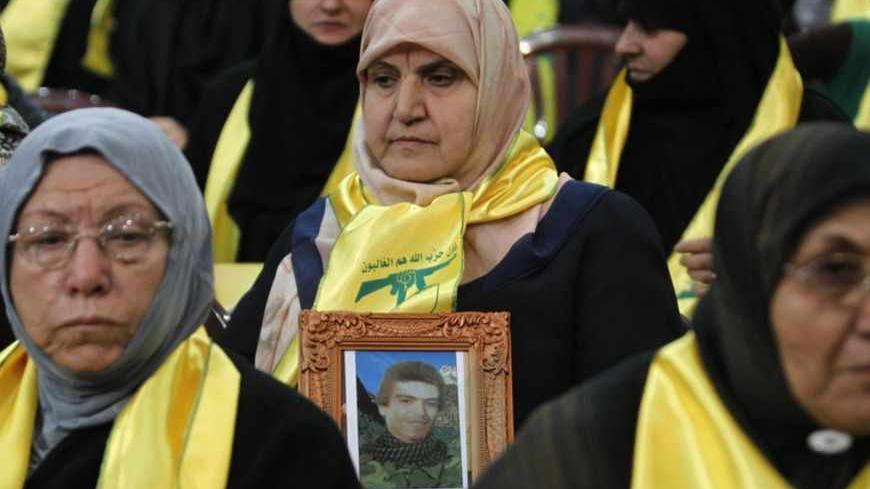The first repercussion felt in [Lebanese] Sunni society following the outbreak of fighting in Syria — which forebodes a long civil war — has been embodied in the popular rise of extremist Islamic powers, to the detriment of the moderate Future Movement. The reason for this goes back to the fact that Islamic movements, most notably the one led by media sensation Sheikh Ahmad al-Assir, do not give much importance to national considerations. Instead, they publicly call for jihad — even though they are not capable of it — in Syria to defend the rebels. These calls befit the tendencies of the Sunni public, especially the poor, who have not for some time now been provided subsidies from the Future Movement due to a scarcity of resources.
“Regaining the support of this group is a very easy task in the medium term,” according to a member of the Future Movement’s parliamentary bloc who spoke to Al-Monitor. He admitted, however, that Hezbollah's explicit invovlement in the fighting in Syria, which is seen more and more by the public as being driven by sectarian motives, has become a burden on the Future Movement. This movement’s supporters are demanding decisive and tangible decisions and stances in support of the rebels. “We have no intention, of course, to go beyond media and political support and the aid we are providing for displaced Syrians in Lebanon,” he said.


